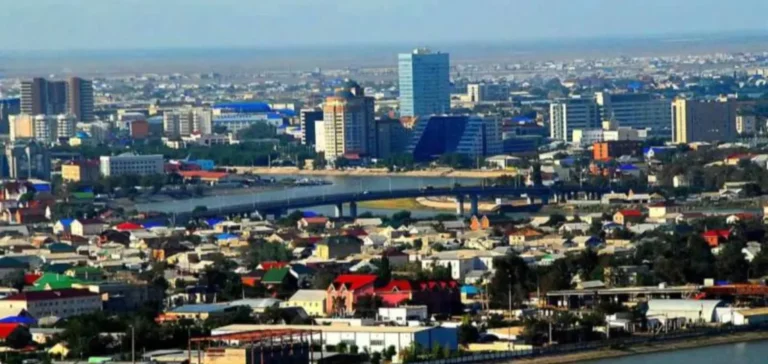The President of the Federal Republic of Nigeria, Bola Tinubu, has announced the end of the state of emergency in Rivers State, one of the country’s most strategically important oil regions. This decision paves the way for the return to office of Governor Siminalayi Fubara, who was suspended in March amid a prolonged political crisis.
A key state for Nigeria’s oil industry
Located in the Niger Delta, Rivers State is a vital zone for Nigeria’s oil production, the leading producer on the African continent. The region has in recent years been marked by pipeline sabotage, attacks on energy infrastructure, and internal political instability, all of which have impacted the operations of oil companies.
In March, in response to the paralysis of the local legislature and a series of arson attacks, the federal government suspended civilian authorities and appointed former Vice Admiral Ibok-Ete Ibas as the state’s interim administrator. This exceptional measure was aimed at stabilising a situation seen as a direct threat to the country’s economic and energy interests.
An internal conflict within the opposition party
The crisis originated from a dispute between Siminalayi Fubara and his predecessor, Ezenwo Nyesom Wike, both members of the People’s Democratic Party (PDP). Although Wike had nominated Fubara as his successor, their differences quickly escalated into a political standoff, leading to institutional deadlock and a suspension of federal funds to the state.
During the state of emergency, several meetings organised by the presidency sought to reconcile the two PDP figures. Federal authorities claim that these discussions helped resolve the conflict. Meanwhile, local elections were held, resulting for the first time in the All Progressives Congress (APC), the president’s party, securing a majority in the state legislative assembly.
Return to civilian rule under federal watch
With the official end of the state of emergency, Siminalayi Fubara resumes office this Thursday, in a context marked by a reshaped local political landscape. The new parliamentary majority could alter internal dynamics and influence the management of the region’s energy resources.
The administrative return to normal comes at a critical time for oil operators, as national output remains under pressure due to ongoing security challenges at installations and the need for political stability in extraction zones.






















